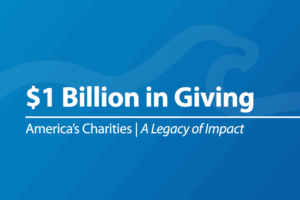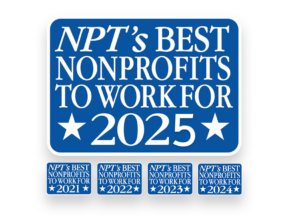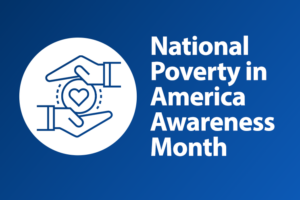Sarah Ford | June 10, 2015
When Justice Doesn’t Work
Most Americans can turn to the courts for remedies to injustice. However, the mainstream justice system may not provide comfortable solutions, and sometimes isn’t even available, for Native people, said Brett Lee Shelton, an Oglala Lakota attorney with the Native American Rights Fund, a nonprofit law firm that has defended the rights of Indians and tribes for 45 years.
Shelton gives examples from his three specialties at NARF—boarding school healing, sacred sites protection and peacemaking-based justice systems. He notes that some boarding school survivors have won court cases for horrific abuses suffered, but others have been stonewalled. After Natives sued the Catholic Church in South Dakota, the state legislature stepped in and, in 2010, passed a law that allowed the courts to toss out most of the lawsuits. In the matter of sacred sites, safeguarding them through litigation is costly, he says, and may involve making the sites public and thereby attracting visitors who inflict additional damage.
Finally, says Shelton, mainstream justice produces winners and losers: “Someone always walks away unhappy.”
At NARF, Shelton is working with indigenous approaches to these issues that promote healing and sustain traditional lifeways while they resolve controversy. ICTMN talked to him about his challenging portfolio:
Get Resources and Insights Straight To Your Inbox
Explore More Articles
$1 Billion in Giving: America’s Charities Reaches a Historic Milestone
A testament to the impact of mobilizing the power of giving. We have some extraordinary news to share. In 2025, America’s Charities crossed a threshold that few organizations…
America’s Charities Named ‘Best Nonprofit To Work For’ For Fifth Consecutive Year
Washington, D.C. – April 1, 2025 – America’s Charities, the nonprofit that mobilizes the power of giving as a leading provider of volunteering, workplace giving,…
Get Resources and Insights Straight To Your Inbox
Receive our monthly/bi-monthly newsletter filled with information about causes, nonprofit impact, and topics important for corporate social responsibility and employee engagement professionals, including disaster response, workplace giving, matching gifts, employee assistance funds, volunteering, scholarship award program management, grantmaking, and other philanthropic initiatives.




